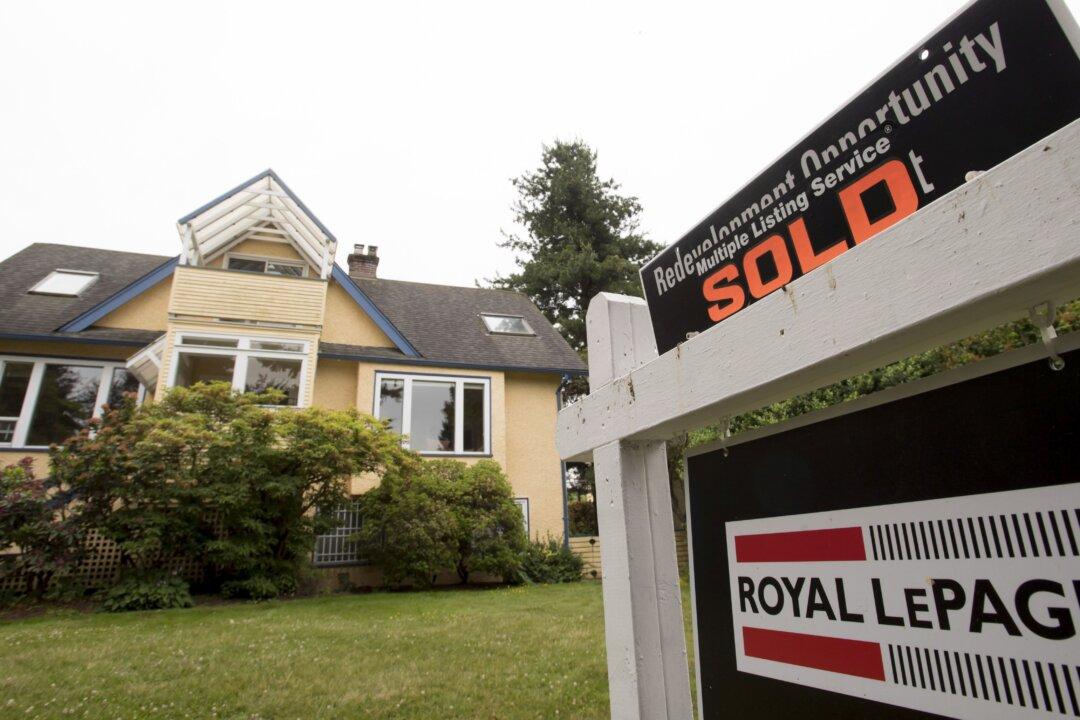A Conservative Party amendment to ease the housing crisis by temporarily banning foreigners from purchasing Canadian real estate in order to stem demand has been voted down by Liberal MPs, despite this being part of their party’s platform during the last election campaign.
Conservative MP Adam Chambers presented the amendment of the Underused Housing Tax Act contained in the government’s Bill C-8, as MPs were reviewing the bill during a parliamentary finance committee meeting on Feb. 28.





